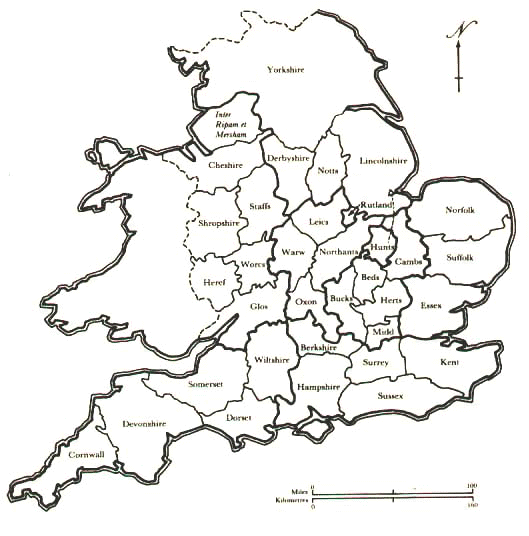The King's Thegns of England on the Eve of the Norman Conquest
In the last decade there has been a radical reassessment of Domesday Book and the picture that it affords of pre-Conquest society. Although there is still debate on the mechanisms of the Norman settlement, it is now generally accepted that pre-Conquest society was as hierarchical as its counterpart in 1086. At its apex stood the king's thegn who held bookland and attended on the king in person with his men and resources, and he in turn enjoyed the renders and services of numerous tenants and free holders. In the law codes the king's thegn is sharply distinguished from the median thegn and free man, but in Domesday there is no systematic record of status. Nevertheless, criteria have been identified to discriminate one from the other in the Survey. Explicit references to king's thegns can be misleading: it is now clear that those of 1086 and their TRE predecessors were minor officials who held loanland. The right to sake and soke is a surer indicator, for the liberty was the essence of bookland. The clearest pointer, however, is the diplomatic of the Domesday text. Formulas such as 'x held freely', 'y could go with his land' can be shown to be related to the services that were owed to king's thegns and other high status holders of land like earls, while 'z held' is exclusively associated with the unencumbered estates of these latter.
Using these criteria, a list of king's thegns in the thirty-four counties surveyed in Domesday Book is being drawn up. To date, the study has been confined to the identification of individuals by tenants-in-chief, but it is proposed in future systematically to gather all of the evidence for the estates that they held and their post-Conquest successors, along with other indications of status. The aim is to produce an easily accessible gazetteer of king's thegns and their estates.
To view provisional lists by shire of king's thegns and other high status holders of land, click on the map.
